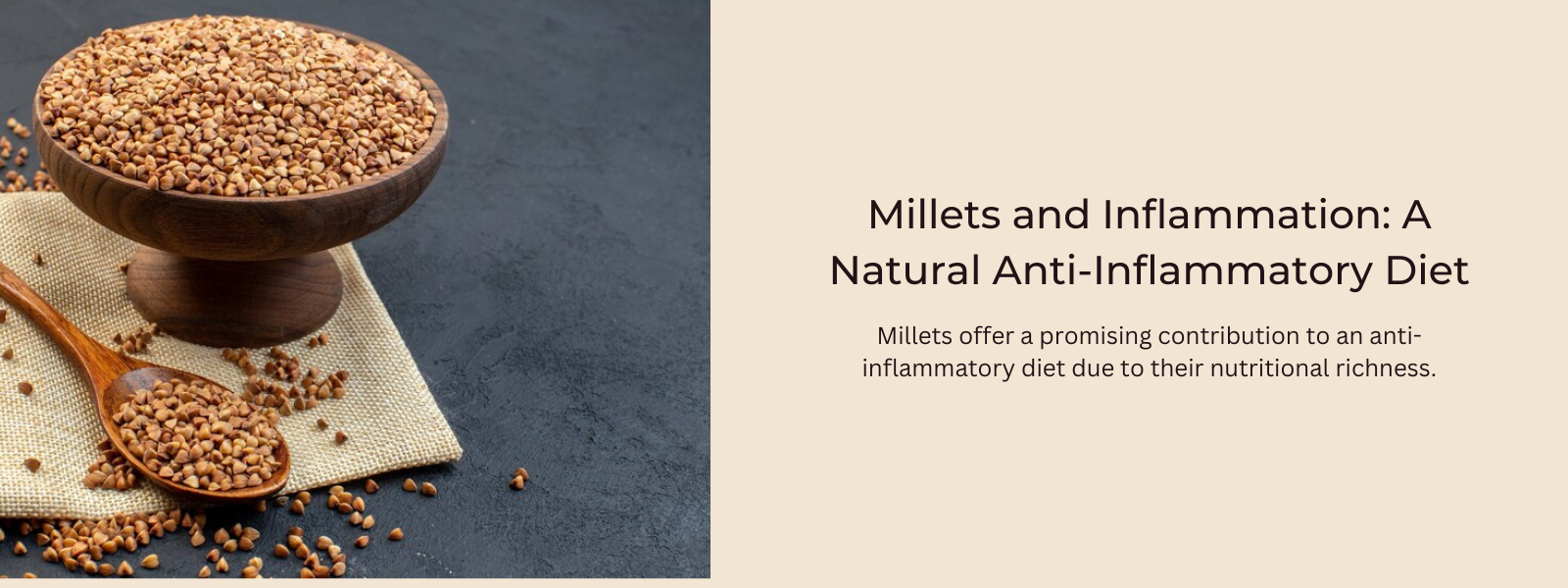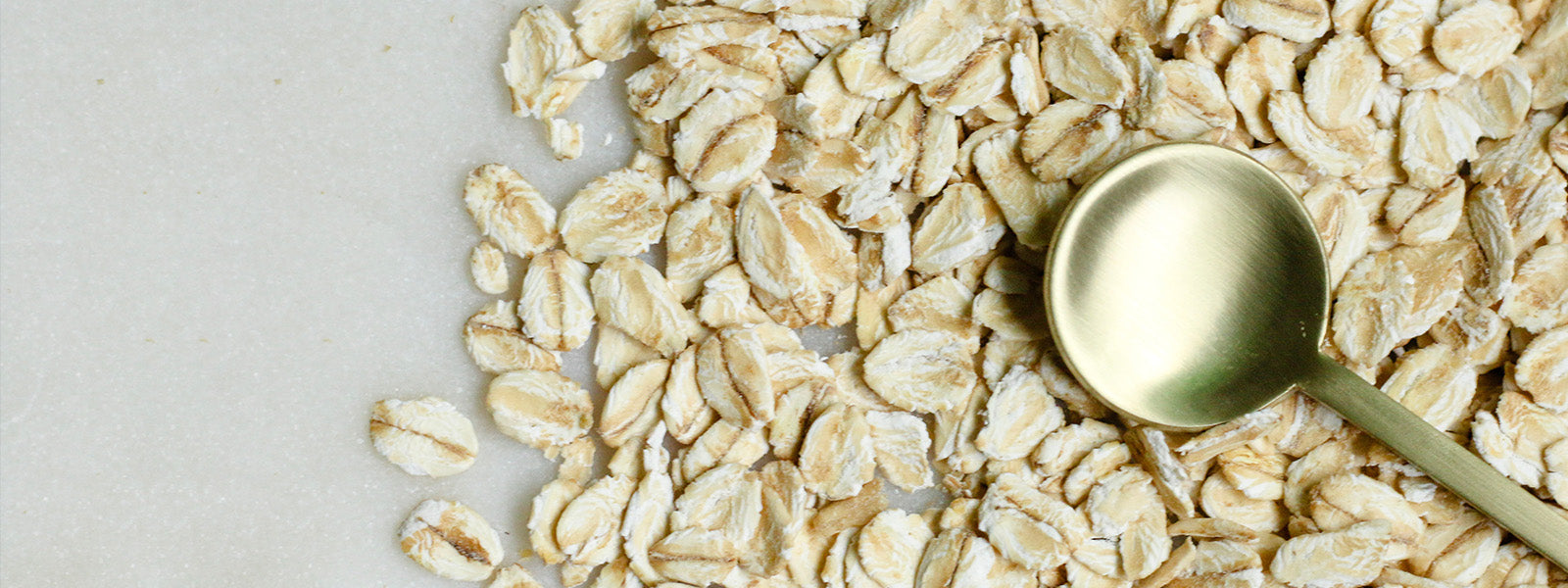Oats serve as an exemplary choice for a hearty winter breakfast, offering sustained energy and a plethora of nutrients. Renowned for their rich fiber content, oats, whether in the form of warm oatmeal or overnight oats, present a comforting yet nutritious meal option. Their complex carbohydrates provide a gradual release of energy, keeping you fueled throughout the chilly morning. Topped with seasonal fruits, nuts, seeds, or a drizzle of honey, oats become a versatile canvas for a nutritious and flavorful breakfast. Their soluble fiber, particularly beta-glucan, aids in maintaining steady blood sugar levels and promoting a sense of fullness, further contributing to sustained energy.
Table of Contents
Are Hearty Winter Breakfast Essential for Sustained Energy?
Hearty winter breakfast options are excellent for providing sustained energy during the colder months. In the winter, when temperatures drop and daylight hours may be shorter, a satisfying breakfast can help kickstart your day and keep you energized for longer periods.
Here are some reasons why hearty winter breakfasts can provide sustained energy:
- Complex Carbohydrates: Hearty breakfast options like oatmeal, whole-grain cereals, or whole-grain breads contain complex carbohydrates. These carbohydrates are broken down slowly in the body, providing a steady release of energy throughout the morning.
- Fiber-Rich Foods: Many hearty breakfast foods are rich in dietary fiber. Foods high in fiber, such as oats, whole grains, fruits, and nuts, contribute to a feeling of fullness and help regulate blood sugar levels, providing sustained energy and preventing energy crashes.
- Protein Sources: Including sources of protein in your breakfast, such as eggs, Greek yogurt, nuts, seeds, or lean meats (for non-vegetarians), can help increase satiety and provide longer-lasting energy.
- Nutrient Density: Hearty breakfasts often contain a variety of essential nutrients, including vitamins, minerals, and antioxidants. These nutrients support overall health and provide sustained energy by supporting various bodily functions.
- Warm and Comforting: In colder weather, warm breakfast options like oatmeal, porridge, or hot cereals can be comforting and help raise body temperature, contributing to a feeling of coziness and warmth throughout the morning.
- Slow Digestion: Hearty breakfasts with a good balance of carbohydrates, protein, and healthy fats take longer to digest, leading to a slower release of nutrients into the bloodstream and providing a sustained source of energy.
Why Are Oats Considered An Excellent Breakfast Option?
Oats are a versatile and nutritious choice for breakfast, offering numerous health benefits and contributing to a well-rounded and satisfying morning meal.
- Nutritional Value: Oats are a nutrient-dense food packed with essential nutrients like fiber, vitamins (such as thiamin, folate, and vitamin E), minerals (including manganese, phosphorus, magnesium, and iron), and antioxidants. They offer a good balance of carbohydrates, proteins, and healthy fats.
- Fiber Content: Oats are particularly high in soluble fiber, especially beta-glucan, which has been associated with various health benefits. Soluble fiber can help lower cholesterol levels, regulate blood sugar levels, improve digestive health, and contribute to a feeling of fullness, aiding in weight management.
- Slow-Releasing Energy: Oats are a complex carbohydrate, meaning they are slowly digested and provide a gradual release of energy into the bloodstream. This slow energy release can help keep you feeling satisfied and provide sustained energy levels throughout the morning.
- Versatility: Oats can be prepared in various ways, including oatmeal, overnight oats, smoothies, baked goods like muffins or granola bars, and more. They can be customized with different toppings, flavors, and ingredients to suit individual preferences.
- Heart Health: The soluble fiber in oats, particularly beta-glucan, has been linked to improving heart health by reducing cholesterol levels, especially LDL cholesterol, which is known as the "bad" cholesterol.
- Weight Management: Due to their fiber content and ability to promote satiety, oats can contribute to better appetite control, potentially aiding in weight management by reducing the urge to snack between meals.
- Easy Preparation: Oats are quick and easy to prepare, making them a convenient breakfast option, especially for busy mornings. They can be cooked on the stovetop, in the microwave, or even soaked overnight for a no-cook breakfast.
- Suitable for Different Diets: Oats are naturally gluten-free, although they can sometimes be processed in facilities that handle gluten-containing grains. Certified gluten-free oats are available for individuals with gluten sensitivities or celiac disease.
What Are Oats And Its Uses?
Oats are a type of cereal grain that comes from the Avena sativa plant. They are known for their high nutritional value and versatility in cooking. Oats undergo minimal processing, making them a whole grain that retains many of their nutrients.
Here are some details about oats and their uses:
A. Varieties of Oats:
- Rolled Oats (Old-Fashioned Oats): These oats are steamed and then flattened with rollers, resulting in flat, round oats that cook relatively quickly. They are commonly used for oatmeal and baking.
- Steel-Cut Oats (Irish Oats): These oats are chopped into smaller pieces rather than flattened. They have a chewier texture and take longer to cook. Steel-cut oats are often used for porridge.
- Instant Oats: These oats are pre-cooked and then dried, reducing their cooking time significantly. They are convenient for quick meals but may have a softer texture compared to rolled or steel-cut oats.
B. Nutritional Benefits: Oats are rich in dietary fiber, particularly beta-glucan, a type of soluble fiber known for its cholesterol-lowering effects. They also contain various vitamins, minerals (like manganese, phosphorus, magnesium, and iron), and antioxidants, contributing to their nutritional value.
C. Uses in Cooking:
- Oatmeal: Oatmeal is a popular breakfast dish made by cooking oats with water or milk. It can be flavored with spices like cinnamon, sweetened with fruits or honey, and topped with nuts or seeds.
- Baking: Oats are commonly used in baking recipes such as cookies, granola bars, muffins, bread, and cakes. Rolled oats or oat flour can be used as ingredients to add texture and nutrients to baked goods.
- Smoothies: Oats can be added to smoothies for added fiber and a thicker consistency. Blending oats into a smoothie can create a nutritious and filling drink.
D. Dietary Uses:
- Oats are a popular choice for those seeking a healthy breakfast option due to their nutritional content and ability to provide sustained energy.
- They are included in many diets, including vegan, vegetarian, and gluten-free diets (certified gluten-free oats for individuals with gluten sensitivities).









Leave a comment